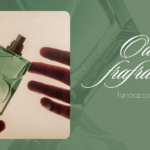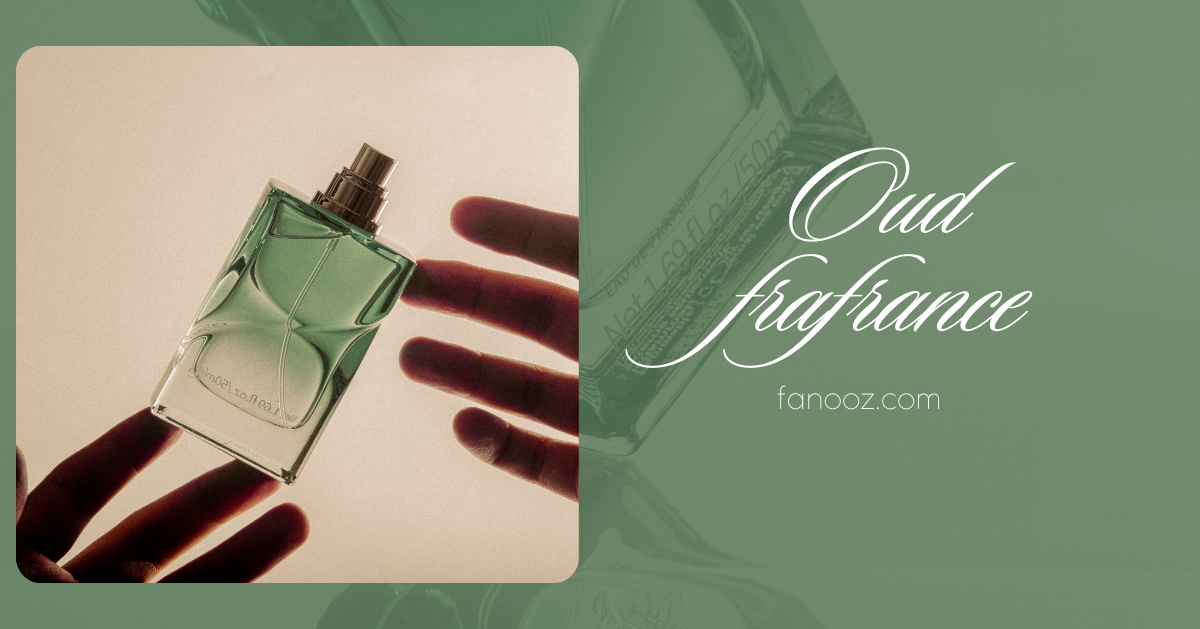Oud, often referred to as “liquid gold” in the fragrance world, is one of the most sought-after and expensive perfume ingredients on the planet. This aromatic oil, extracted from the resinous wood of the agarwood tree, holds deep cultural significance and offers a rich, complex scent that has captivated people for centuries. Revered in the Middle East, Asia, and beyond, is celebrated for its smoky, earthy, and slightly sweet fragrance profile. Whether used in perfumes, incense, or traditional ceremonies, brings an air of mystique and luxury like no other.
What is Oud?
Oud is a fragrant resin produced by the Aquilaria tree, commonly known as agarwood, when it becomes infected with a specific type of mold. This resin develops slowly over time as the tree responds to the infection, producing a complex, dark, and aromatic oil. For centuries, has been cherished in regions such as the Middle East and Southeast Asia, where it is valued not only for its unique scent but also for its cultural and spiritual significance.
Historical Background of Oud
The history of oud dates back thousands of years. Ancient texts from India, Japan, and the Middle East reference oud as a sacred and valuable commodity. In the Arabian Peninsula, has long been used in religious ceremonies, symbolizing purity and devotion. Historical records indicate that ancient emperors and sultans would burn incense to create a soothing and prestigious environment. Today, remains a beloved fragrance, with its roots deeply embedded in cultural and religious traditions.
The Mystique of Oud in Perfumes
The use of in perfumes is a symbol of luxury and opulence. Its intense, smoky aroma adds depth and sophistication to fragrances, making them stand out with a mysterious allure. is widely recognized as a powerful, long-lasting scent that enhances other notes in a perfume, lending warmth and complexity. Many high-end perfume houses incorporate into their creations, making it a prized component in niche and luxury fragrances.
Understanding Agarwood: The Source of Oud
Oud originates from the agarwood tree, which is native to Southeast Asia. However, not every agarwood tree produces; only those infected with a specific mold will generate the dark, resinous oil that we know as . This rare transformation is why is so valuable and why agarwood trees are protected in many regions. The complex interaction between the tree and the mold results in a rich, multifaceted oil with deep, earthy notes.
The Complex Extraction Process
Extracting from agarwood is a meticulous and time-intensive process. Once the infected trees are harvested, the wood is carefully chipped, soaked, and distilled to produce oil. This process requires both expertise and patience, as it can take years for the resin to develop within the tree. Furthermore, the distillation process involves skilled labor to ensure the highest quality oil. As a result, is often described as one of the most luxurious natural oils available today.
Natural vs. Synthetic Oud
While natural \ is prized for its authenticity and rich, layered aroma, synthetic offers a more affordable alternative. Synthetic is created in laboratories to mimic the scent profile of natural , but it lacks the depth and unique characteristics of the original. Natural tends to be more nuanced, with variations in scent based on the tree’s age, region, and method of extraction. For those seeking the true essence of , natural remains the preferred choice.
Different Types of Oud Based on Region
Oud varies greatly depending on its origin, with each region offering a distinct fragrance profile. Indian , for instance, is known for its bold, earthy scent, while Cambodian has a sweet, slightly fruity undertone. Laotian is typically softer and more delicate. These regional differences arise from variations in climate, soil, and tree species, giving each type of its unique appeal. Fragrance enthusiasts often explore these regional varieties to experience the diverse world.
Oud Grading System
The quality of is often categorized into different grades, which affect its price and fragrance profile. Higher-grade contains a higher concentration of resin and is typically aged longer, resulting in a richer, more potent aroma. Lower-grade may be blended with other oils or contain less resin, making it more affordable but less intense. Understanding these grades helps consumers make informed choices when purchasing , especially for high-end perfume blends.
Pure Oud Oil vs. Oud Blends
Pure oil, known for its concentrated and potent aroma, is typically applied sparingly due to its strength. However, many perfumes use blends, where is mixed with other essential oils to create a balanced, harmonious fragrance. While pure appeals to purists who appreciate its unaltered scent, blended offers a more versatile and wearable option for everyday use, as it tempers the intensity of the original oil.
The Rarity of Agarwood Trees
One of the main reasons for high value is the scarcity of agarwood trees. These trees are not only rare but also protected in many regions due to their vulnerability to over-harvesting. Conservation efforts are underway to preserve wild agarwood populations and promote sustainable production. Because of the tree’s scarcity, commands a premium price, with some varieties costing more than gold by weight.
Oud’s Uniquely Rich and Complex Aroma
Oud’s appeal lies in its uniquely rich and complex aroma. It combines earthy, woody, and sometimes sweet or spicy notes, creating a multifaceted scent profile that evolves over time. Unlike other fragrances that fade quickly, lingers, leaving a lasting impression. Its depth and warmth make it suitable for both men’s and women’s fragrances, adding a touch of mystery and elegance that captivates the senses.
Cultural and Spiritual Significance of Oud
Beyond its use in perfumes, holds cultural and spiritual importance in many societies. In the Middle East, is often burned during religious ceremonies and family gatherings, creating an atmosphere of peace and reverence. In traditional Chinese and Japanese practices, has been used in meditation and healing rituals, symbolizing purity and spiritual awakening. This deep-rooted cultural significance enhances status as more than just a fragrance.
Tips for Buying Authentic Oud
Given the high demand and price of , it’s essential to be cautious when purchasing. To ensure authenticity, buy from reputable sources and look for certification of its origin. Pure oil should have a rich, dark color and a strong, lasting aroma. Many cheaper versions on the market are diluted or synthetic, so it’s wise to research before investing in genuine oud.
How to Wear Oud for Different Occasions
Oud is a powerful scent, so applying it with care is key. For everyday wear, a light touch on pulse points, like the wrists or behind the ears, can provide a subtle aroma without overwhelming. For formal events, a slightly heavier application can create an elegant, lasting impression. versatility makes it suitable for a variety of occasions, allowing wearers to adjust the intensity based on the setting.
Layering Oud with Other Fragrances
Oud pairs well with other fragrances, making it an excellent choice for layering. It complements floral, woody, and spicy notes, allowing you to create a personalized scent that stands out. For a balanced blend, try combining with rose, jasmine, or sandalwood, which enhance its complexity without overpowering it. Layering can add a unique touch to your fragrance, reflecting your personal style.
Conclusion
Oud is more than just a fragrance; it’s an experience that connects us to history, culture, and nature. Its luxurious aroma, combined with its rich cultural significance, makes a truly remarkable scent. Whether used in perfumes, incense, or spiritual practices continues to captivate and inspire with its rare, alluring charm.
FAQs
What does oud smell like?
Oud has a deep, earthy, and woody aroma with hints of sweetness and spice.
How is oud different from other fragrances?
Oud’s complex scent profile and longevity set it apart, making it more intense and luxurious.
Why is oud so expensive?
Oud’s rarity and the complex extraction process make it one of the most valuable fragrance ingredients.
Can I use oud daily?
Yes, but apply sparingly, as its strong aroma can be intense for everyday wear.
Where can I buy genuine oud?
Authentic can be purchased from reputable perfume brands and specialized retailers.











